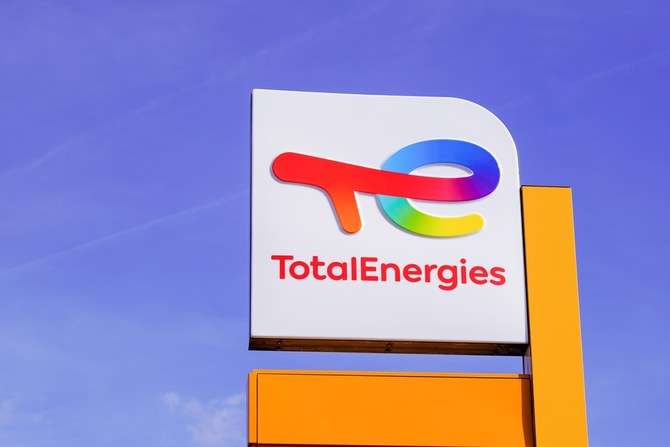Malawi’s government is pursuing an unprecedented $309 billion (£245 billion) claim against the US-based Columbia Gem House over alleged unpaid taxes and royalties on rubies exported from the country over the past decade.
Attorney General Thabo Chakaka Nyirenda has also announced additional claims: $4 billion against French energy giant TotalEnergies for an oil storage dispute and $9.5 million from Turkish tobacco firm Star Agritech for unpaid tobacco revenues.
The combined demand is nearly 300 times Malawi’s national debt of $1.2 billion and 22 times its GDP of $14 billion. Malawi recently accepted a $174 million bailout from the International Monetary Fund (IMF) to address its economic challenges.
Nyirenda accused Columbia Gem House of underreporting the value of rubies exported from Malawi, citing evidence from the company’s own declarations and website, which he said have since been deleted.
“The amount is not just [for] one year; it goes over 10 years back. It also includes the interest.” Thabo Chakaka Nyirenda
Columbia Gem House, a family-run company claiming fair trade practices, dismissed the accusations as “baseless and defamatory.”
In a statement, the company argued, “The $309 billion claim implies Malawi has somehow produced and exported trillions of dollars worth of colored gemstones. They haven’t done this by any stretch of the imagination.”
The company clarified that it does not operate directly in Malawi but sources gemstones from Nyala Mines, a local firm in which the Malawian government holds a 10% stake.
However, Nyirenda countered, asserting that the government, as a minority shareholder, has no role in Nyala Mines’ daily operations and accused the company of disguising its ownership through a name change.
Malawi’s mining sector contributes only 1% to the country’s GDP, but the government has ambitions to expand its role in the economy.
Economist Wisdom Mgomezulu suggested the government’s aggressive claims might be tied to its dire financial situation. “They’re looking at all potential sources of income, but if you look at the claim versus the size of the economy, it’s just way too much,” he noted.
Efforts to mediate the dispute with Columbia Gem House, including an attempted US embassy-led online meeting, fell through due to “technical challenges,” according to Nyirenda.
TotalEnergies and Star Agritech Under Fire
The $4 billion claim against TotalEnergies stems from a 2001 agreement where the company was to supply fuel to Malawi in exchange for tax incentives.

Nyirenda alleged that profits from the deal were meant to be shared equally but accused TotalEnergies of ceasing payments in 2006. The matter is now in court in Malawi.
Meanwhile, the $9.5 million dispute with Star Agritech revolves around three million tonnes of tobacco allegedly purchased from Malawi in 2013 but not paid for. Malawi Leaf Company, the state-owned seller, won a related case in Hong Kong, with the court proving over $9.5 million was owed.
Star Agritech denies the allegations, claiming it purchased only $5 million worth of tobacco, which it described as substandard. “This transaction experienced difficulties as the tobaccos were not one uniform grade but a combination of leftover scrappy tobaccos,” said CEO Iqbal Lambat.
Malawi’s aggressive claims reflect a broader trend across Africa, where governments are pursuing financial disputes with multinational corporations.
Recently, Mali’s military junta issued an international arrest warrant for Barrick Gold’s CEO over an alleged $500 million tax debt. Barrick, in turn, threatened to suspend operations in the country.
Similarly, Australia’s Resolute Mining settled a $160 million tax dispute with Mali’s government in November, paying half upfront while agreeing to settle the remainder later.
These actions signal a growing determination among African nations to recover what they see as rightful revenues, even as multinational firms push back against these claims.
For Malawi, the outcomes of these high-stakes disputes could shape the trajectory of its economic recovery and governance reforms.
READ ALSO: Criticism of EC’s Press Conference and Actions Intensifies



















